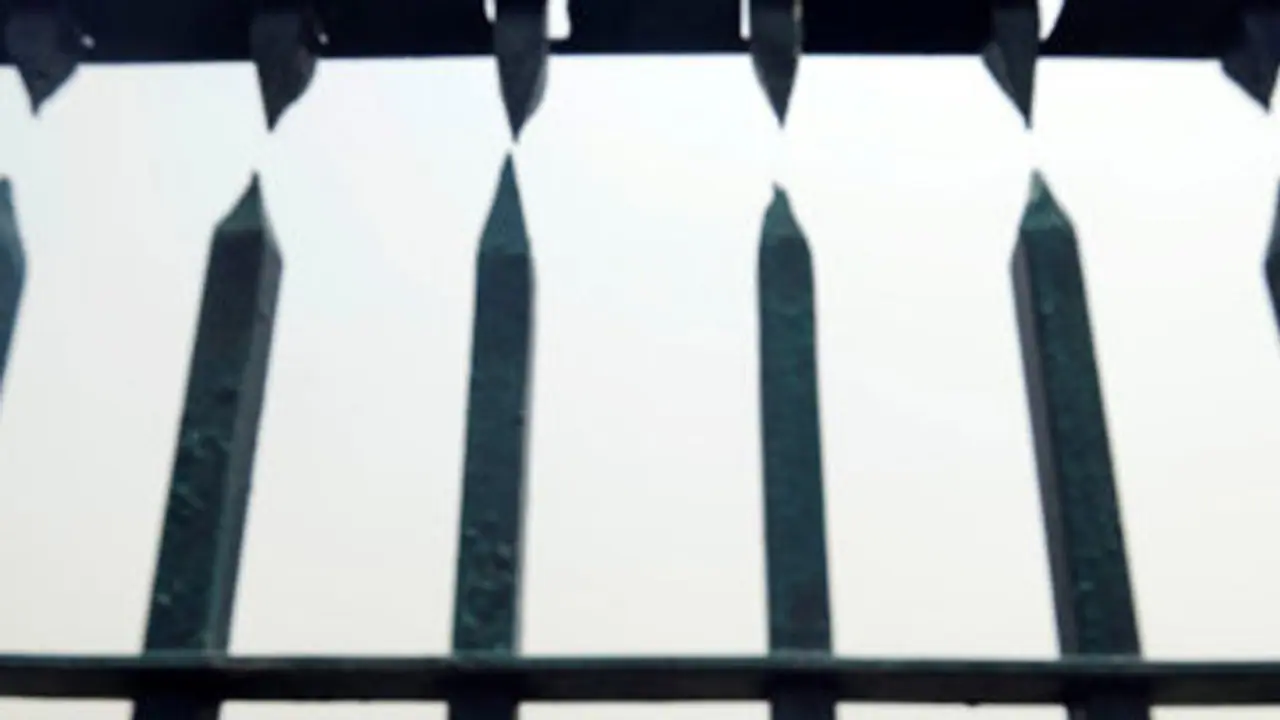After the Triple Talaq case, the Supreme Court will today decide whether the Right to Privacy is a Fundamental Right or not The debate mainly stems from the country moving into the Digital Age and their requirements flouting privacy norms Making Aadhaar mandatory is considered by many as impinging on right to privacy
The Supreme Court is likely to pronounce today its judgement on the vexatious issue whether the right to privacy can be held as a fundamental right under the Constitution.

A nine-judge constitution bench headed by Chief Justice J S Khehar had on August 2 reserved its verdict after hearing marathon arguments for six days over a period of three weeks, during which submissions were advanced in favour and against the inclusion of the right to privacy as a fundamental right.
Here's what you need to know:
1. The contentious issue had emerged when the apex court was dealing with a batch of petitions challenging the Centre's move to make Aadhaar mandatory for availing the benefits of various social welfare schemes.
2.This verdict is likely to define the relationship between citizens and the state with us operating in the digital sphere. The decision will help solve several cases where mandatory Aadhaar has been found clashing with the rights to privacy and equality.
3. Those arguing for the right to privacy have said that the 12-digit biometric unique identity number Aadhaar violates privacy and helps government spy on people, the government meanwhile, has said citizens have a right to privacy but it is not an absolute right.
4 According to a report in The Hindu, the court said that in order to deem privacy as a right, it would first have to define it.
5. There are now over 40 judgments given by Indian courts which recognise the right to privacy, but these are given by benches of a lower strength. This decision will identify whether the Kharak Singh and MP Sharma cases were an example of good law or bad law. It must be kept in mind these cases were held before the dawn of the digital debate.
6.The nine-judge bench deciding the case: Besides CJI Khehar, the other judges of the nine-judge bench are Justices J Chelameswar, S A Bobde, R K Agrawal, R F Nariman, A M Sapre, D Y Chandrachud, S K Kaul and S Abdul Nazeer.
